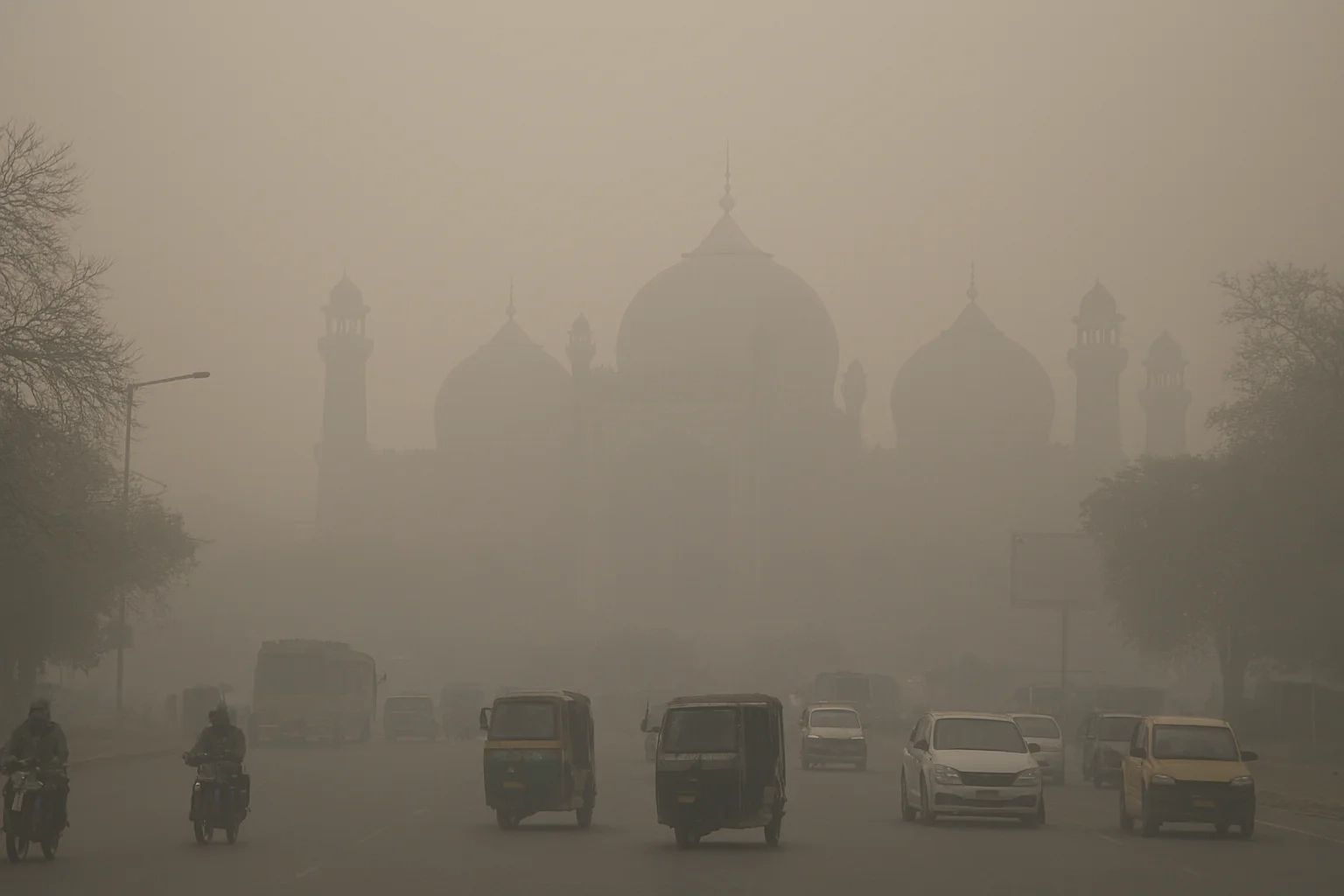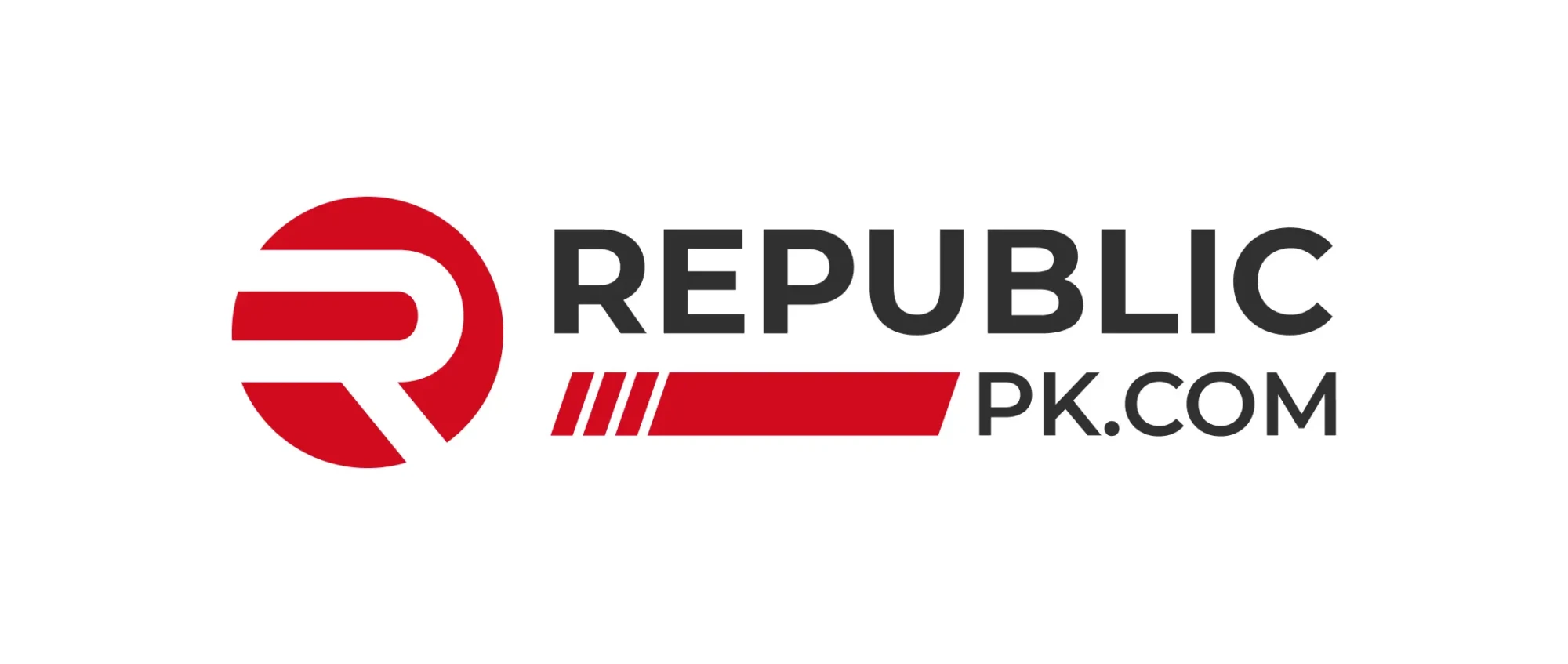Lahore Records World’s Worst Air Quality as Smog Crisis Deepens

Lahore: The provincial capital has once again been declared the most polluted city in the world, as thick smog pushed the Air Quality Index (AQI) to a staggering 412 on Sunday. Environmental experts have sounded the alarm, urging residents to wear protective masks and avoid unnecessary outdoor activity, particularly during early mornings and evenings when pollution levels peak.
According to monitoring data, several neighbourhoods recorded extreme readings, with Lower Mall topping the list at 680 AQI, followed by Iqbal Town (577), Syed Maratib Ali Road (543), Shadman (507), Punjab University (506), and Shalimar (495). These figures far exceed global safety thresholds, with PM2.5 concentrations posing severe risks of respiratory and cardiovascular illnesses, especially for children and the elderly.
The Punjab Disaster Management Authority (PDMA) has issued a high alert across multiple districts, including Lahore, Gujranwala, Sheikhupura, Kasur, Faisalabad, Multan, and Bahawalpur. Officials have warned that smog intensity is likely to worsen from November through mid-December, based on meteorological forecasts.
To curb pollution at its source, the government has imposed a blanket ban on the burning of crop residue, solid waste, tires, and plastics. Violators face strict legal action, with cases to be registered against those found flouting the ban.
The Punjab Safe Cities Authority (PSCA) has also intensified surveillance, deploying drone cameras to monitor industrial zones, agricultural fields, and urban hotspots. In the past 24 hours alone, over 460 violations were detected, leading to more than 200 e-challans against smoke-emitting vehicles.
Beyond enforcement, officials are promoting long-term solutions. At a recent seminar in Kabirwala, farmers were trained on modern machinery to manage rice stubble without burning. Experts highlighted that crop residue could be repurposed in biomass plants to generate energy, turning a major environmental challenge into an economic opportunity.
“Smog is not just an environmental issue but a public health emergency that demands collective action,” said Dr. Younus Zahid, Project Coordinator at the Department of Environmental Protection and Climate Change.
Authorities have urged citizens to report smog-inducing activities via the emergency helpline 15, stressing that community participation is vital to improving air quality. Meanwhile, Punjab’s environment department has mobilised multiple squads, deployed anti-smog cannons, and introduced AQI forecasting for early interventions.
As Lahore battles its worst air quality of the season, the government insists that only coordinated efforts between officials, industries, farmers, and the public can help clear the toxic haze.

